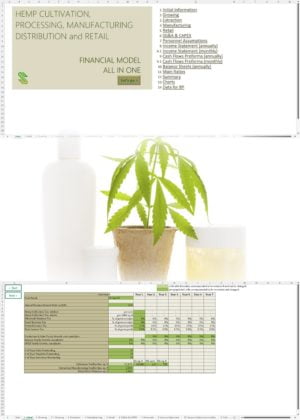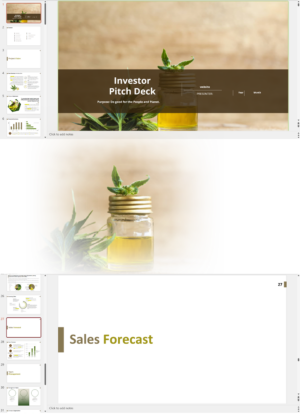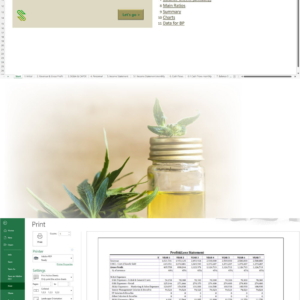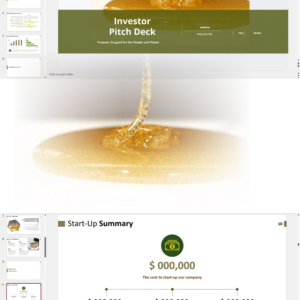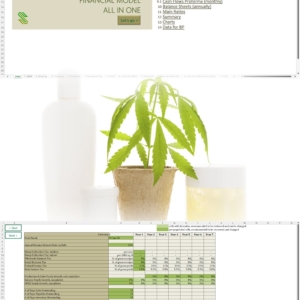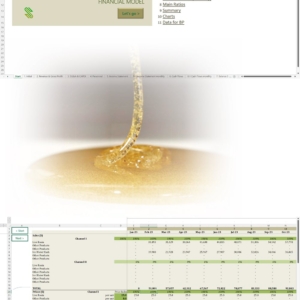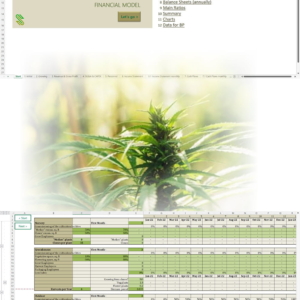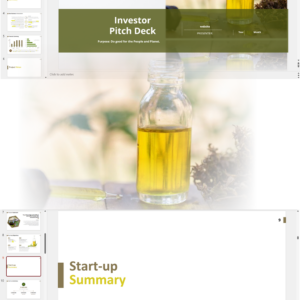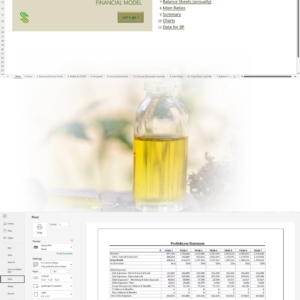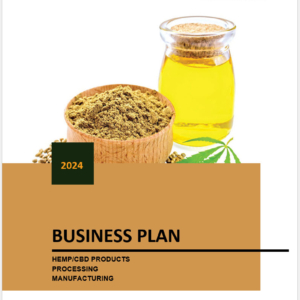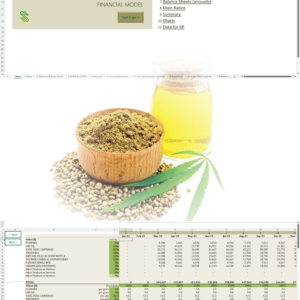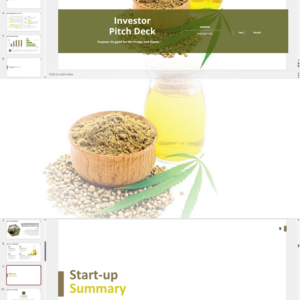The 2018 Farm Bill assigns certain responsibilities to state programs, which include testing and inspecting industrial hemp grown in the state. Federal and state laws require Tennessee industrial hemp growers be licensed through the Tennessee Department of Agriculture’s industrial hemp program. It remains illegal to grow hemp in Tennessee without a license.
The history of hemp production Tennessee dates back to the early 19th century with the arrival of pioneer families. According to the U.S. Census 1850, Tennessee produced 454 tons of dew-rotted hemp and 141 tons of water-rotted hemp. The different methods relay to the way in which the components of the stalk were broken and prepared for processing.
Since 2015, Tennessee participants of the Industrial Hemp Agricultural Pilot Program have produced industrial hemp for fiber, grain and cannabinoids. Commercial hemp production became legal in Tennessee following the passage of House Bill No. 1164 in 2017.
The Tennessee Department of Agriculture’s (TDA) 2021 hemp plan was approved by the USDA in 2020, positioning the department to implement new federal standards. In December 2021, the Tennessee State Hemp Plan was approved by the USDA.
According to The Tennessean, the state had 44 licensed growers in 2015, 64 growers in 2016, 117 in 2017 and 226 in 2018.
2018 was the first year that Tennessee has allowed farmers to grow high-CBD in their crops for processing. And the Vote Hemp reported that 3,338 acres of hemp were grown in Tennessee in 2018 comparing to 200 acres in 2017.
According to the official data, there were 3,800 cultivator licenses with more 50,000 acres in 2019.
In 2020, the state had licensed 1,852 producers to grow about 15,722 acres of hemp, of which 4,836 acres were planted.
In 2021 and 2022, the amount of registered outdoor acreage and indoor square feet significantly declined as a result of oversupply and market correction across the industry. The state listed roughly 1,029 licenses with 5,699 outdoor acres permitted for growing hemp and 6.3 million square feet of indoor permitted growing for the 2022 growing season.
In 2023, 312 farmers and 50 processors had licenses to grow and process hemp, according to the Tennessee Department of Agriculture (TDA).
Tennessee Hemp Industry Infographics
Hemp Cultivation and Nursery Business Plan Sample, Tennessee
'70% ready to go' business plan templates
Our hemp/CBD financial models and business plan templates will help you estimate how much it costs to start and operate your own hemp/CBD business, to build all revenue and cost line-items monthly over a flexible seven year period, and then summarize the monthly results into quarters and years for an easy view into the various time periods. We also offer investor pitch deck templates.



